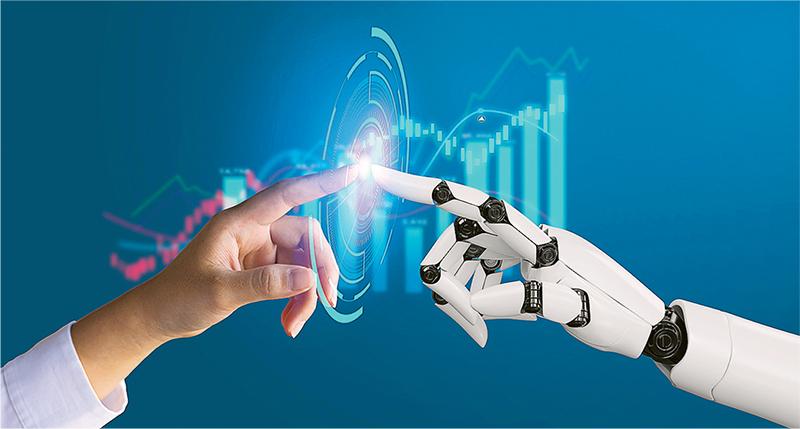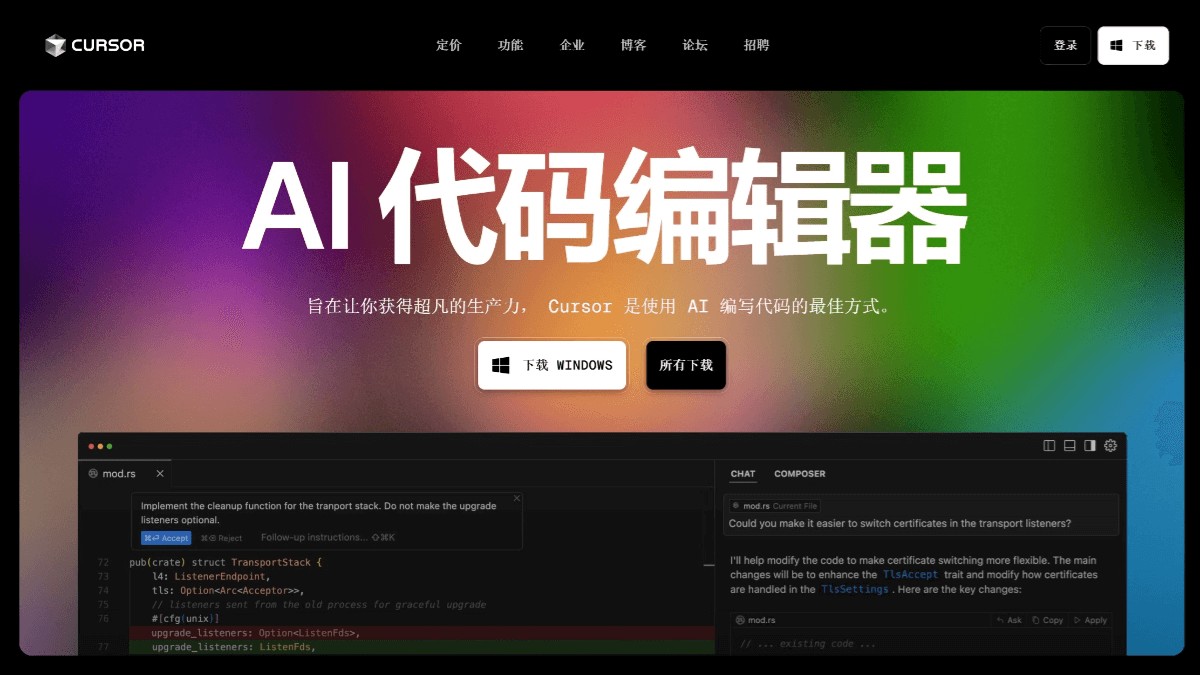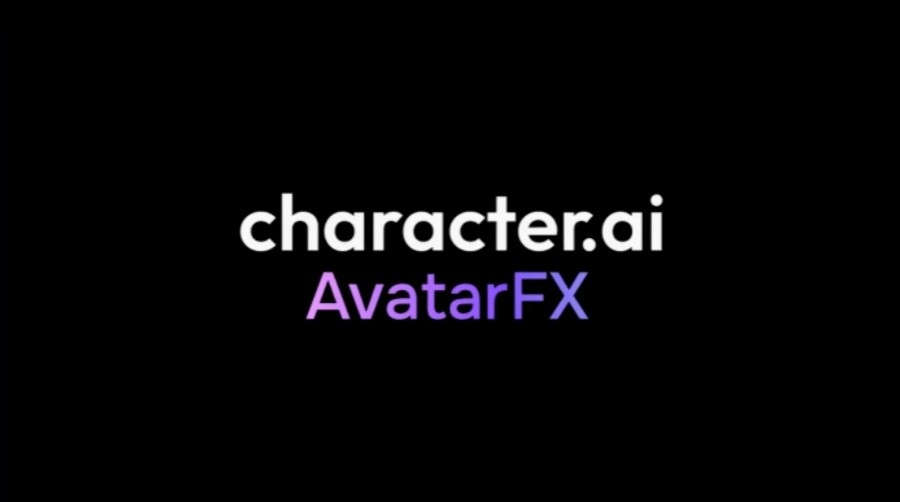
Whether the use of AI is cheating depends on the specific scenarios and purposes of its application, as well as the relevant ethical and legal frameworks. The boundaries and norms for the use of AI vary in different fields. Here are a few main aspects to help understand whether AI may be considered cheating.
AI usage scenarios: In educational and academic environments, AI technology can be used to assist learning, automate assessment, and generate papers, etc. For example, using AI to generate articles, assignments, or papers without original writing may be considered academic misconduct.
Judgment of cheating:
Dishonest behavior : If students or researchers use AI tools to automatically generate content and submit it as their own work without proper annotation or attribution of sources, this may be considered academic misconduct or cheating.
Fair use : AI tools do not constitute cheating if they are used as aids to help understand, conceive, or improve writing, rather than directly replacing a student’s independent work.
AI usage scenarios: In video games, AI can be used to enhance player experience, for example by improving the behavior of NPCs (non-player characters) or helping players analyze their opponents' strategies. However, AI tools may also be used to assist players in cheating, such as improving in-game performance through plug-ins, automated scripts, etc., or even cheating.
Judgment of cheating:
Unfair competition : If players use AI tools to gain unfair advantages (such as automatic aiming, scripted operations, etc.), this behavior is usually considered cheating and violates the fairness principle of the game.
Legal use : If AI is used to improve the game experience or improve game design without affecting the fair competition of other players, it does not constitute cheating.
AI usage scenarios: In sports competitions, AI can improve competitive levels through data analysis, tactical planning and athlete performance monitoring. For example, athletes can use AI to analyze game data to help develop the best strategy or optimize training plans.
Judgment of cheating:
Reasonable technical support : Using AI to improve training efficiency and tactical analysis and help athletes improve their skills does not constitute cheating.
Violations : If an athlete uses AI to engage in improper behavior (such as manipulating game results, fake data, etc. through AI technology), it may be considered cheating and violates sports ethics and competition rules.
AI usage scenarios: In the field of business and e-commerce, AI is often used for market analysis, customer service, pricing strategies, etc. AI can also be used to optimize business processes such as advertising, inventory management and sales forecasting.
Judgment of cheating:
Legal use : Using AI for data analysis, optimizing customer experience, or improving operational efficiency is not cheating and is a common practice in modern business.
Unfair conduct : If a company or individual uses AI to falsely advertise, manipulate the market, deceive consumers, or inflate product prices (for example, AI falsifies customer reviews or misuses data), this may constitute unethical or illegal conduct.
AI usage scenarios: In the financial field, AI is widely used in high-frequency trading, risk assessment, market prediction, etc. AI helps traders analyze large amounts of market data and make quick decisions.
Judgment of cheating:
Legitimate use : The use of AI for market analysis, risk management and strategy optimization is generally regarded as legitimate business behavior.
Market manipulation : If AI is used to manipulate the market or engage in insider trading (such as using AI to predict and exploit information differences to perform improper operations), this behavior may be considered illegal or cheating.
AI usage scenarios: On social media platforms, AI can be used for content creation, automatically generating articles, videos, audios, etc. AI can also be used for dissemination of false information, automated comments, and volume brushing.
Judgment of cheating:
Legal use : Using AI to generate original content, improve social media experience, and enhance content creation efficiency is generally not considered cheating.
False behavior : If AI is used to create fake news, manipulate public opinion, brush comments, or increase false likes, it will usually be regarded as cheating or fraud and violate platform regulations.
AI usage scenarios: In manufacturing and production environments, AI is used for quality control, production process optimization, predictive maintenance, etc., improving production efficiency and quality.
Judgment of cheating:
Legal use : Use AI within legal limits to improve production efficiency and product quality, and comply with industry standards and ethics.
Breaches : If AI is used to falsify product quality, deceive regulators, or violate safety standards, this would constitute fraud.
AI itself is not a tool for cheating , but a powerful technical tool. Whether it constitutes cheating depends on the way and purpose of its use. If AI is used to enhance learning, improve work efficiency, or support innovation and other legitimate behaviors, it does not constitute cheating. However, if AI is used to manipulate results, provide an unfair competitive advantage, or engage in unethical behavior such as fraud, it may be considered cheating.
Whether the use of AI is cheating needs to be judged based on the specific application scenarios, relevant laws and regulations, industry norms and ethical standards. In some cases, the misuse of AI may violate rules and ethics, leading to unfair competition or illegal behavior.



